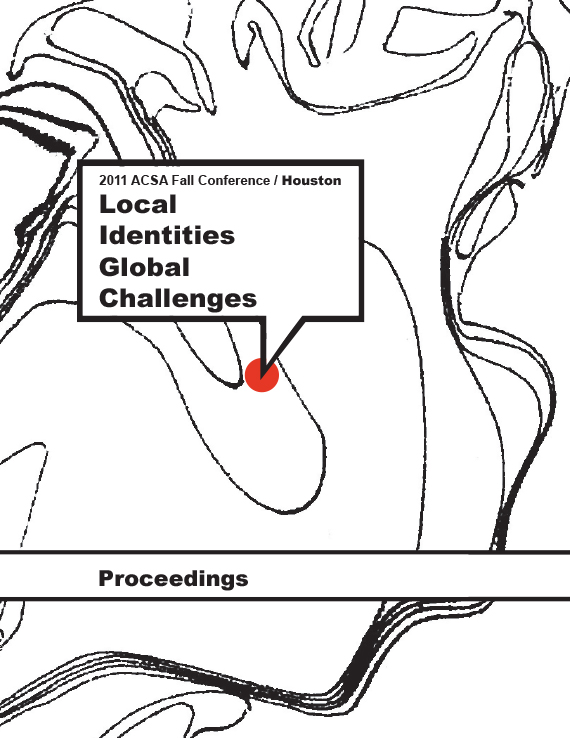Author(s): Thomas Forget
Iceland lies on the periphery of the civilized world. It’s architecture and urbanism appear normative, but buildings and spatial networks operate differently there. Nature is a physical force that exerts limitation and a cultural authority that regulates social engagement. During the past decade, overinvestment in name-brand architecture and planning upended long traditions building and contributed to the total collapse of the nation’s economy. In the wake of the crisis, the practices of architecture and planning are reeling, and there is a palpable skepticism toward these professions. As communities confront needs normally addressed through building, new methodologies of spatial engagement are emerging as challenges to conventional practices of place making. This paper investigates the context of architecture and planning in Iceland in the wake if the recent crisis. The author has a unique perspective as a design professional who proposed a redevelopment plan for Reykjavik at the height of the boom. Responding to the capital’s desire to articulate itself as a global economic and cultural hub, the author’s design proposal sought to integrate local customs of planning into a thoroughly globalized vision of the city. As a participant in the madness that led to the crisis, the author offers a critical evaluation of the original design and extracts from it a few principles that resonate with post-crisis community-based projects. The initial attempt to fuse the global and the local is replaced by a process of interventions. The research for this paper is includes interviews with building professionals and community activists, as well as analytical case studies of the built environment by the author. The primary theme of the research is the interaction between ecological development, building technology, economic viability, and cultural meaning. For centuries, Iceland has sought to mediate between global paradigms and local idiosyncrasies and to force a productive and respectful relationship to nature. The lessons of contemporary Iceland are particularly relavant as the planet plunges into economic, ecological, and cultural uncertainty.
Volume Editors
Ikhlas Sabouni & Jorge Vanegas

 Study Architecture
Study Architecture  ProPEL
ProPEL 
